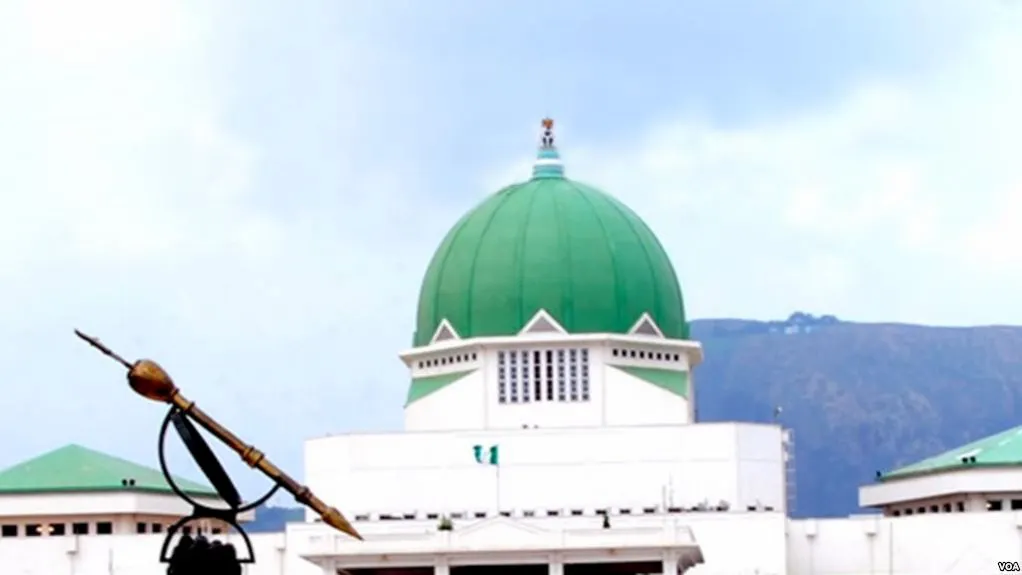CurrentReport Blog In a significant legal development, no fewer than 40 Nigerian lawmakers are under scrutiny for potentially vacating their seats due to their concurrent membership in both the National Assembly and regional parliamentary bodies, namely the Economic Community of West Africa State (ECOWAS) Parliament and the Pan-African Parliament. This contentious issue has been brought to the forefront by a lawsuit filed by the Association of Legislative Drafting and Advocacy Practitioners (ALDRAP), a non-governmental organization dedicated to promoting transparency and accountability in governance through public interest litigations and policy engagements.
ALDRAP’s legal action stems from its call on the President of the Senate, Sen. Godswill Akpabio, urging him to declare the seats of the affected lawmakers vacant due to their dual parliamentary affiliations and the collection of emoluments from both entities. With the Senate President failing to comply, ALDRAP escalated its efforts by serving a pre-action notice, signaling its intent to seek judicial redress if its demands were not met within seven working days.
In its letter dated April 8, ALDRAP outlined its determination to pursue legal recourse, emphasizing the alleged violation of constitutional provisions and international agreements governing parliamentary service. Central to the lawsuit is the interpretation of Section 68(1) of the 1999 Constitution, which prohibits serving members of the National Assembly from concurrently holding seats in other parliaments.
Furthermore, ALDRAP seeks clarity on the legal standing of Nigeria’s representation in the ECOWAS Parliament, questioning whether the allocation of 35 seats to Nigeria has undergone proper legislative procedures as mandated by Section 12 of the Constitution. The organization contends that the current practice undermines constitutional principles and calls for immediate cessation of salaries and benefits to the implicated lawmakers.
The lawsuit, filed at the Federal High Court in Abuja, raises pivotal questions regarding the integrity of Nigeria’s legislative framework and the adherence to international protocols. ALDRAP’s plea for judicial intervention underscores the imperative of upholding constitutional provisions and ensuring accountability within the country’s political institutions.












